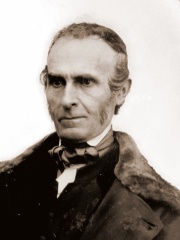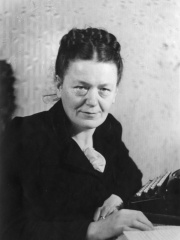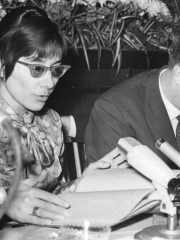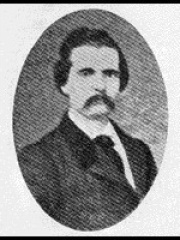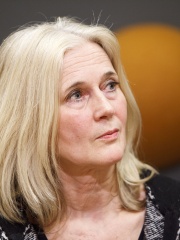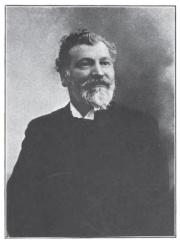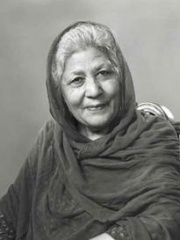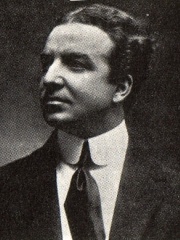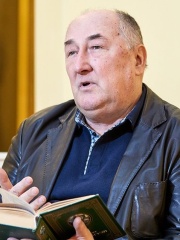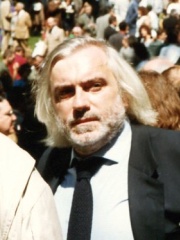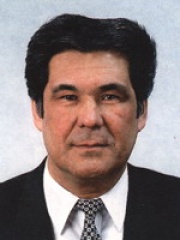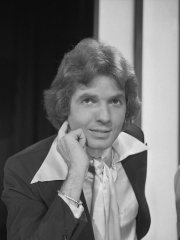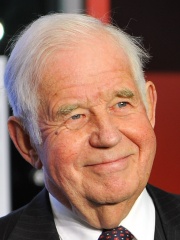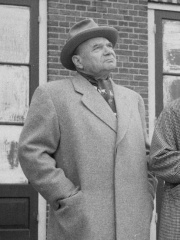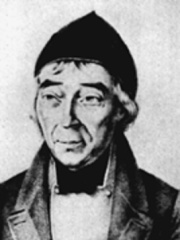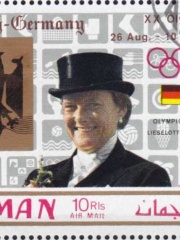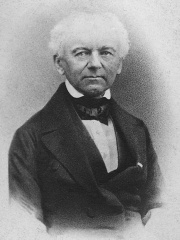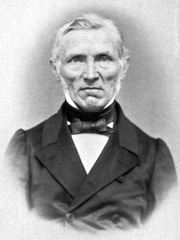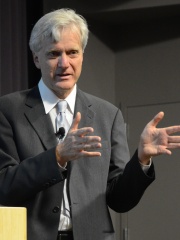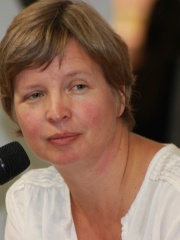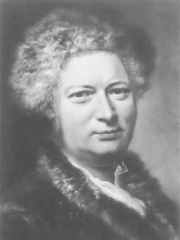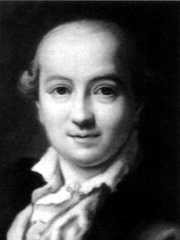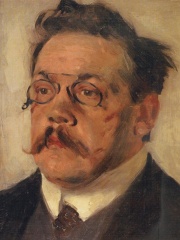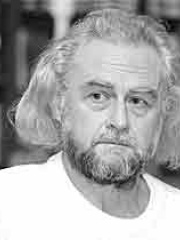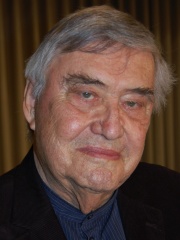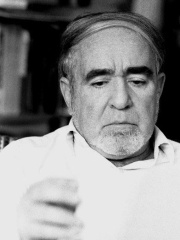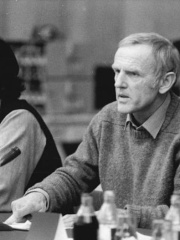作家
Gabriele Kuby
1944 - 至今
Memorability Metrics
Page views of Gabriele Kuby by language
Among 作家
Among 作家, Gabriele Kuby ranks 5,426 out of 7,302. Before her are John Greenleaf Whittier, Thomas Mofolo, Iryna Vilde, Brigitte Reimann, M. R. James, and Manuel Antônio de Almeida. After her are Katarina Frostenson, Anatole Le Braz, Bano Qudsia, Elena Maróthy-Šoltésová, Eve Ensler, and Aldo Palazzeschi.
Most Popular 作家 in Wikipedia
Go to all RankingsJohn Greenleaf Whittier
1807 - 1892
HPI: 54.59
Rank: 5,420
Thomas Mofolo
1876 - 1948
HPI: 54.59
Rank: 5,421
Iryna Vilde
1907 - 1982
HPI: 54.58
Rank: 5,422
Brigitte Reimann
1933 - 1973
HPI: 54.58
Rank: 5,423
M. R. James
1862 - 1936
HPI: 54.58
Rank: 5,424
Manuel Antônio de Almeida
1831 - 1861
HPI: 54.58
Rank: 5,425
Gabriele Kuby
1944 - Present
HPI: 54.58
Rank: 5,426
Katarina Frostenson
1953 - Present
HPI: 54.58
Rank: 5,427
Anatole Le Braz
1859 - 1926
HPI: 54.57
Rank: 5,428
Bano Qudsia
1928 - 2017
HPI: 54.57
Rank: 5,429
Elena Maróthy-Šoltésová
1855 - 1939
HPI: 54.57
Rank: 5,430
Eve Ensler
1953 - Present
HPI: 54.56
Rank: 5,431
Aldo Palazzeschi
1885 - 1974
HPI: 54.56
Rank: 5,432
Contemporaries
Among people born in 1944, Gabriele Kuby ranks 557. Before her are Erik Pettersson, Volodymyr Kaplychnyi, Boris Klyuyev, Fausto Leali, Francis Girod, and Jan Johansen. After her are Guy Scott, Igor Tselovalnikov, Aman Tuleyev, Lorne Michaels, Chris Roberts, and Rodolfo Fischer.
Others Born in 1944
Go to all RankingsErik Pettersson
CYCLIST
1944 - Present
HPI: 54.77
Rank: 551
Volodymyr Kaplychnyi
SOCCER PLAYER
1944 - 2004
HPI: 54.74
Rank: 552
Boris Klyuyev
ACTOR
1944 - 2020
HPI: 54.70
Rank: 553
Fausto Leali
SINGER
1944 - Present
HPI: 54.68
Rank: 554
Francis Girod
FILM DIRECTOR
1944 - 2006
HPI: 54.64
Rank: 555
Jan Johansen
ATHLETE
1944 - Present
HPI: 54.59
Rank: 556
Gabriele Kuby
WRITER
1944 - Present
HPI: 54.58
Rank: 557
Guy Scott
POLITICIAN
1944 - Present
HPI: 54.56
Rank: 558
Igor Tselovalnikov
ATHLETE
1944 - 1986
HPI: 54.56
Rank: 559
Aman Tuleyev
POLITICIAN
1944 - 2023
HPI: 54.53
Rank: 560
Lorne Michaels
PRODUCER
1944 - Present
HPI: 54.51
Rank: 561
Chris Roberts
SINGER
1944 - 2017
HPI: 54.46
Rank: 562
Rodolfo Fischer
SOCCER PLAYER
1944 - 2020
HPI: 54.45
Rank: 563
In 德国
Among people born in 德国, Gabriele Kuby ranks 5,013 out of NaN. Before her are Eike Immel (1960), Frank Mill (1958), Kurt Biedenkopf (1930), Georg Jacoby (1882), Ernst-Wolfgang Böckenförde (1930), and Brigitte Reimann (1933). After her are Timo Glock (1982), Johann Wilhelm Meigen (1764), Liselott Linsenhoff (1927), Andreas von Ettingshausen (1796), Philipp Christoph Zeller (1808), and Andy Bechtolsheim (1955).
Others born in 德国
Go to all RankingsEike Immel
SOCCER PLAYER
1960 - Present
HPI: 54.64
Rank: 5,007
Frank Mill
SOCCER PLAYER
1958 - 2025
HPI: 54.64
Rank: 5,008
Kurt Biedenkopf
POLITICIAN
1930 - 2021
HPI: 54.60
Rank: 5,009
Georg Jacoby
FILM DIRECTOR
1882 - 1964
HPI: 54.60
Rank: 5,010
Ernst-Wolfgang Böckenförde
PHILOSOPHER
1930 - 2019
HPI: 54.59
Rank: 5,011
Brigitte Reimann
WRITER
1933 - 1973
HPI: 54.58
Rank: 5,012
Gabriele Kuby
WRITER
1944 - Present
HPI: 54.58
Rank: 5,013
Timo Glock
RACING DRIVER
1982 - Present
HPI: 54.57
Rank: 5,014
Johann Wilhelm Meigen
BIOLOGIST
1764 - 1845
HPI: 54.57
Rank: 5,015
Liselott Linsenhoff
ATHLETE
1927 - 1999
HPI: 54.57
Rank: 5,016
Andreas von Ettingshausen
PHYSICIST
1796 - 1878
HPI: 54.57
Rank: 5,017
Philipp Christoph Zeller
BIOLOGIST
1808 - 1883
HPI: 54.57
Rank: 5,018
Andy Bechtolsheim
INVENTOR
1955 - Present
HPI: 54.56
Rank: 5,019
Among 作家 In 德国
Among 作家 born in 德国, Gabriele Kuby ranks 317. Before her are Jenny Erpenbeck (1967), Friedrich von Hagedorn (1708), Heinrich Christian Boie (1744), Ludwig Thoma (1867), Günther Jauch (1956), and Brigitte Reimann (1933). After her are Ulrich Plenzdorf (1934), Peter Härtling (1933), Carl Amery (1922), Nathan Zach (1930), Marina Lewycka (1946), and Günter de Bruyn (1926).
Jenny Erpenbeck
1967 - Present
HPI: 55.10
Rank: 311
Friedrich von Hagedorn
1708 - 1754
HPI: 55.05
Rank: 312
Heinrich Christian Boie
1744 - 1806
HPI: 54.93
Rank: 313
Ludwig Thoma
1867 - 1921
HPI: 54.92
Rank: 314
Günther Jauch
1956 - Present
HPI: 54.79
Rank: 315
Brigitte Reimann
1933 - 1973
HPI: 54.58
Rank: 316
Gabriele Kuby
1944 - Present
HPI: 54.58
Rank: 317
Ulrich Plenzdorf
1934 - 2007
HPI: 54.42
Rank: 318
Peter Härtling
1933 - 2017
HPI: 54.42
Rank: 319
Carl Amery
1922 - 2005
HPI: 54.40
Rank: 320
Nathan Zach
1930 - 2020
HPI: 54.34
Rank: 321
Marina Lewycka
1946 - 2025
HPI: 54.26
Rank: 322
Günter de Bruyn
1926 - 2020
HPI: 54.25
Rank: 323

